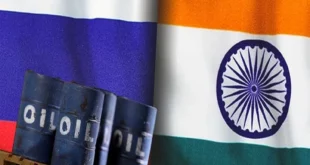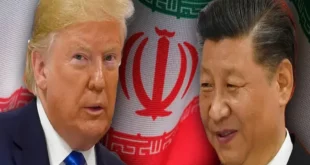Berlin – German Chancellor Angela Merkel on Tuesday asked for Algiers’ help in speeding up the repatriation of rejected Algerian asylum seekers to their country of origin.
Berlin and Algiers have in place a mutual agreement governing expulsions of their citizens, “but we have to ensure that it works properly,” said Merkel at a press conference with visiting Algerian Prime Minister Abdelmalek Sellal.
German authorities have been calling for greater efficiency in deportation procedures, and the issue has gained urgency given the rising numbers of Algerians arriving in recent months with thousands of migrants seeking asylum.
Earlier this month, Interior Minister Thomas de Maiziere had pointed to an increasing number of arrivals from Morocco and Algeria in December, describing it as a worrying trend.
Migrants from North Africa have also came under the spotlight following a rash of violence against women during New Year’s festivities in Cologne.
German federal police have said nine Algerians figured among 32 suspects they have identified who allegedly participated in the rampage.
Sellal however sounded a note of caution, saying before any deportations, “we have to ensure that they really are Algerians”.
If Algerians were indeed among those guilty of participating in the mob violence in Cologne, then “I can assure you that for us, Algeria, as a country and as a people, that is unacceptable,” he said.
Berlin is mulling whether to classify Algeria and Morocco as safe countries of origin — a category which would mean its citizens were unlikely to qualify for asylum.
Merkel said Friday that no such decision had yet been taken on the issue, but that citizens of both nations stood less chance of winning asylum in Germany than those from war-torn countries like Syria and Iraq.
Check Also
The US Military Campaign Against Iran Is Part Of Trump’s Grand Strategy Against China
The goal is to obtain proxy control over Iran’s enormous oil and gas reserves so …
 Eurasia Press & News
Eurasia Press & News



